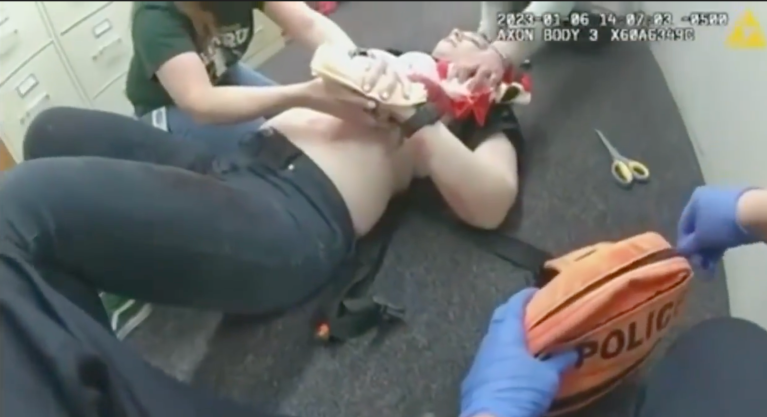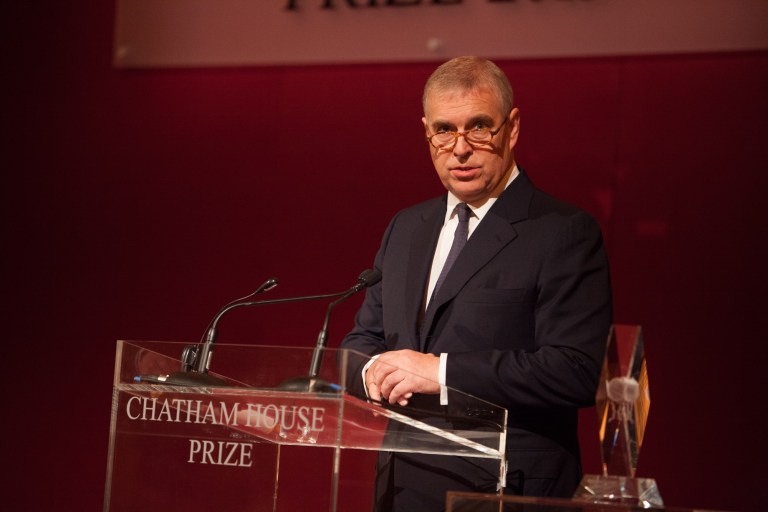
Bad Teachers: The Main Problem With Higher Education
I think most students walk out of college more narrow-minded than when they walked in. They exit college being more codependent thinkers than independent thinkers.
By James Swift

Every generation or so, somebody comes along and publishes a screed that tears apart the American academic system. Allan Bloom ripped US colleges in 1987’s The Closing of the American Mind. Two decades later, Mark Bauerlein came along and said pretty much the same thing in 2008’s The Dumbest Generation.
Critics on the right and left agree that liberal education today just doesn’t work—either because it’s too liberal or it isn’t liberal enough. No one ever seems to blame the educators themselves, who are probably most at fault for turning collegians into debt-saddled mush heads.
I encountered plenty of out-there moonbeam liberal professors during my college heyday, but I also had quite a few professors who were unabashed conservatives and holy rollers. The champagne socialist wannabe Trotskyites in the humanities department were matched in numbers by the make-believe Friedman fanatics in the business school.
I’m not sure what is required to be a college professor these days, but I figure the standards have to be at an all-time low. Reflecting on my university days, the thing that struck me most about my educators was how many of them weren’t actually educated.
Colleges are businesses. They want to make money, and the more students they enroll, the more moolah they tend to rake in through tuition and auxiliary fees. And since you really can’t stuff 700 students into one freshman communications course, many colleges today find themselves hiring as many adjunct professors as possible to teach lower-level courses.
So basically, you have college departments today staffed with maybe a dozen or so “real” instructors and three or four times as many part-time educators whose own teaching experiences are essentially nil. Making matters worse, many colleges are simply plucking out grad students and wedging them into undergrad teaching positions— meaning college kids are paying full tuition to be taught by other college kids.
Imagine every high-school course you ever took being taught by first-year subs. That is what constitutes “higher education” in today’s America.
Each university classroom is a tyrant’s domain: Every college student in the country knows you’re not graded on your own understanding of texts but on how well you’re able to tell the professor what he or she wants to hear. You retain the bare amount of information needed to pass tests and pop quizzes, and the rest of the class is basically you brownnosing your way to an A-minus.
Today’s college kids don’t “learn” much of anything. Sure, you get a few technical fundamentals down, but you could’ve grasped as much from browsing through a Wikipedia article. Instead of being evaluated on their own ability to critically think, students have no choice but to retool their own brains so they can spit out the most desirable responses at all times. You drift from teacher to teacher, learning their personal biases, and then you do nothing but say everything they want you to say.
Some say college doesn’t do an adequate job of preparing youth for the workforce. I beg to differ. By the time you graduate from college, you’ve spent four years learning how to squelch your own identity, subsume yourself into a group, and cater to your overseers’ most trifling whims. Those same fundamental skills you acquire as a sycophantic student can be easily parlayed into most entry-level positions. College makes you a perfect lackey, apple-polisher, and yes-man; in short, it gives you all the tools necessary to succeed in today’s job market.
While college may do a darn fine job of turning kids into followers, it isn’t doing a good job of transforming them into leaders. An (over)emphasis on group work has led to an ecosystem where students—regardless of personal input—all receive the same scores. Instead of urging college students to ask questions, our educational system rewards silence—the less noise you make, the better you’ll be received and possibly rewarded. Regarding critical thinking, kids are left in a subjective grey zone; there are no truths or mistruths except for the standards promoted by whoever’s standing in front of the lectern. I think most students walk out of college more narrow-minded than when they walked in. They exit college being more codependent thinkers than independent thinkers.
The educators themselves don’t really seem to care. For tenured professors, instructing students is merely a cover for accessing university resources for their own pet projects.
The university administrators just want their fees paid, and the students are so distraught over trying to graduate that they simply bite the bullet and parrot their instructors, no matter how asinine their gospels.
We trust teachers with hardly any understanding of what they’re teaching to build our kids’ intellectual fundamentals. All they’re being told about the soft sciences is what the curricula explicitly spell out—it’s less a learning experience than it is a torturous memorization game.
And when the passkey to a career is just how good of a fawner, gusher, and general butt-smoocher you are, is it any surprise that so many college grads are deficient in mathematics and science?
It’s clear that something in modern academia isn’t working. Before you start harping on the students, maybe you ought to take a long gander at the person in front of the dry-erase board; after all, these kids aren’t teaching themselves to be stupid. ![]()











